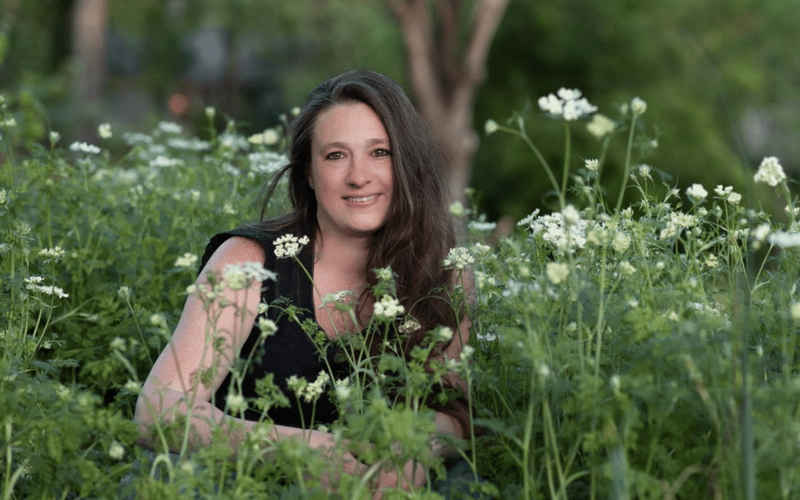Is Brain Fog a Symptom—Or a Sacred Signal?
- Holly Whalen
- Jul 29, 2025
- 2 min read
Updated: Aug 8, 2025

If your mind feels foggy lately—if you’re forgetting words mid-sentence, searching for your keys (again), or walking into rooms without a clue why you’re there—you’re not broken. You’re human. And more importantly, you’re not alone.
Brain fog can come from many places. Chronic stress. A history of trauma. Hormonal shifts. Autoimmune flare-ups. Post-viral fatigue. Head injuries. And perhaps most silently of all—digital overload. We live in a world that pulls our attention in a hundred directions a minute. Your mind is not failing you. It’s responding to an environment that was never designed for clarity.
But there’s good news: the brain is resilient. It can be supported. Nourished. Rewired. And you don’t need to do it with force or perfection—just intention, and presence.
Let’s start with food. What you eat becomes the building blocks for memory, mood, and cognition. Omega-3-rich foods like walnuts and flaxseeds help reduce inflammation—a major contributor to brain fog, especially after illness or injury. Blueberries protect against oxidative stress. Leafy greens help detox. And green tea—with a squeeze of lemon—doesn’t just lift your energy, it actually enhances antioxidant absorption and supports gentle hydration for a tired brain.
Movement is part of the healing. Whether you’re post-concussion or living with a chronic condition, daily gentle movement like walking, stretching, or dancing stimulates blood flow and activates neurogenesis—your brain’s ability to grow and adapt. Even a few minutes can shift your entire mental landscape.
But true healing also comes from rhythm—reclaiming your relationship with rest, with silence, and with sacred rituals that tell your nervous system: it’s safe now. Gamma wave sound therapy, restorative sleep, and breath practices can help soothe an overwhelmed mind and bring you back into your body.
And here’s something we often overlook: connection is medicine. Isolation and disconnection—especially during health challenges—can worsen cognitive symptoms. Calling a friend, sharing a meal, or even joining a gentle group class can awaken parts of your brain that go dark in loneliness.
Memory and clarity aren’t built in labs—they’re built in moments of presence. In choosing to pay attention. In slowing down. In honoring your healing path—wherever you are.
So here’s your sacred invitation. What’s one small, loving ritual you could bring into your day this week? Add lemon to your tea. Journal for five minutes. Walk barefoot on the grass. Turn your phone off for one hour and let your brain reset.
You are not here to hustle your way back to clarity.
You’re here to remember that healing can be sacred.
That your brain is still yours—wild, wise, and waiting for space.
And you, sacred rebel—get to choose that. One breath, one step, one moment at a time.




Comments